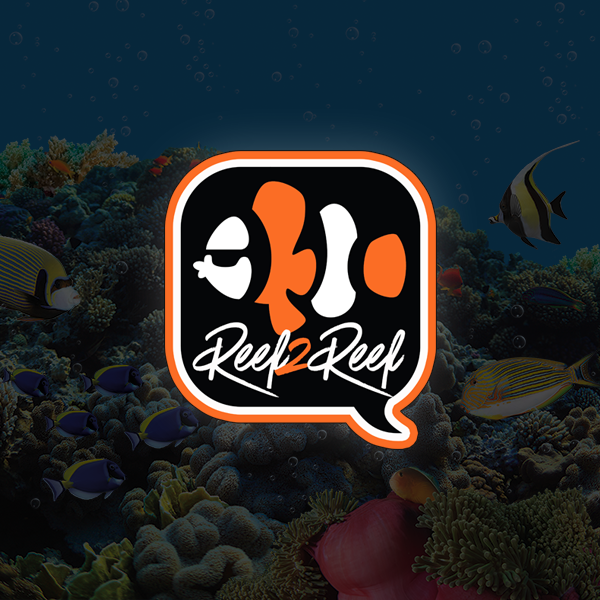they will not die, you can add the coralline spores.
they come with cycling bac included on each bottle I have seen anyway, and it wouldn't be possible to culture coralline spores/flecks of actual coralline and separate them from filtration bacteria attached to them anyway. by rule, where goes coralline cycle bacteria already went.
they come with cycling bac included on each bottle I have seen anyway, and it wouldn't be possible to culture coralline spores/flecks of actual coralline and separate them from filtration bacteria attached to them anyway. by rule, where goes coralline cycle bacteria already went.




















